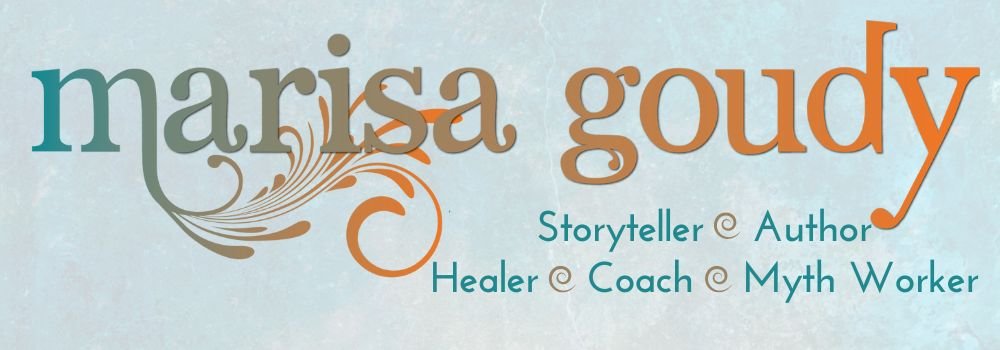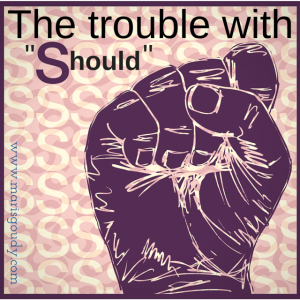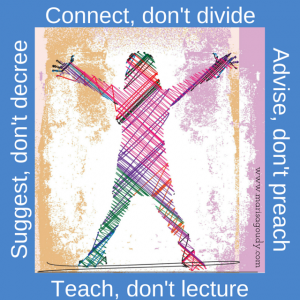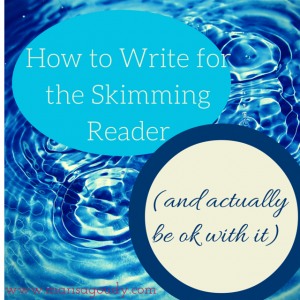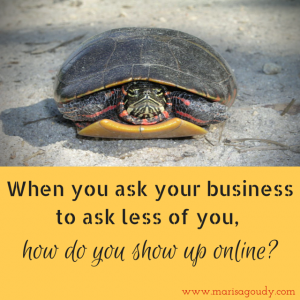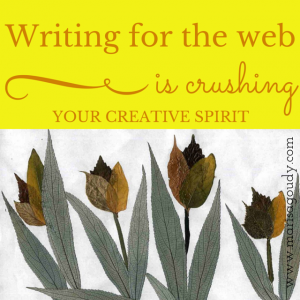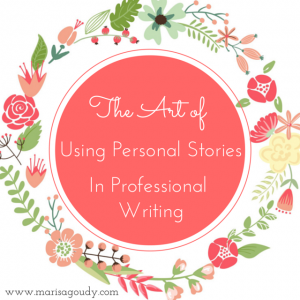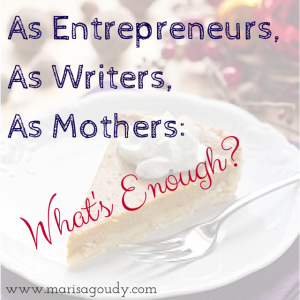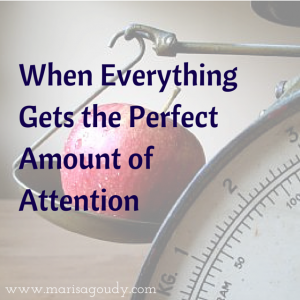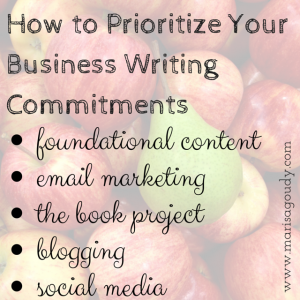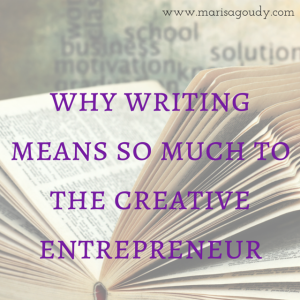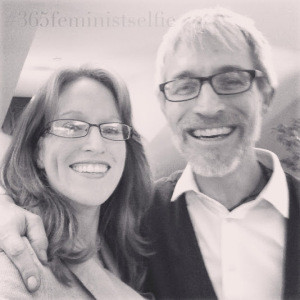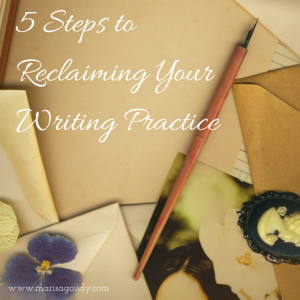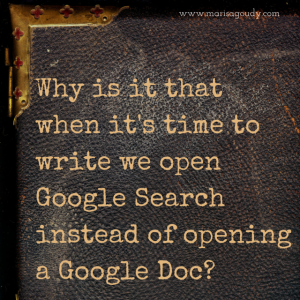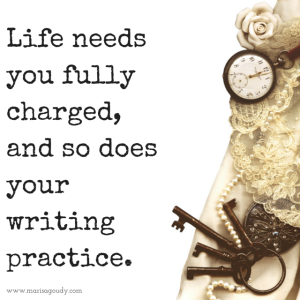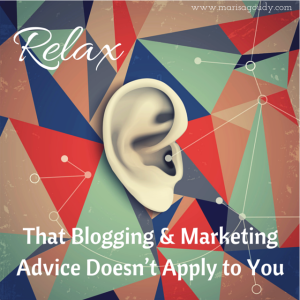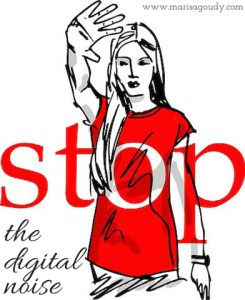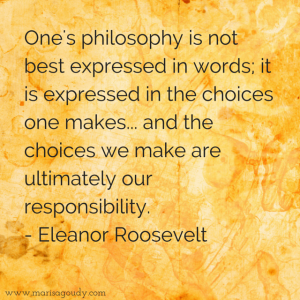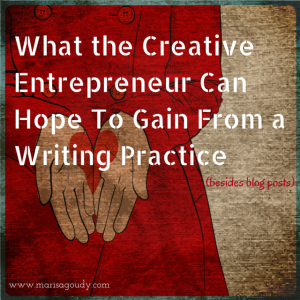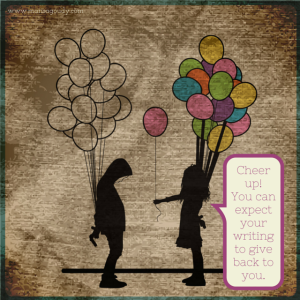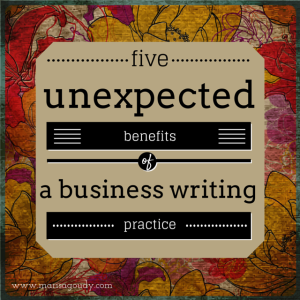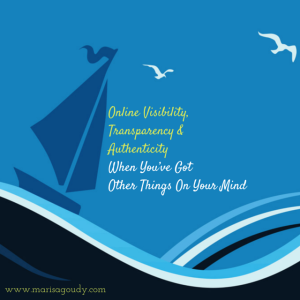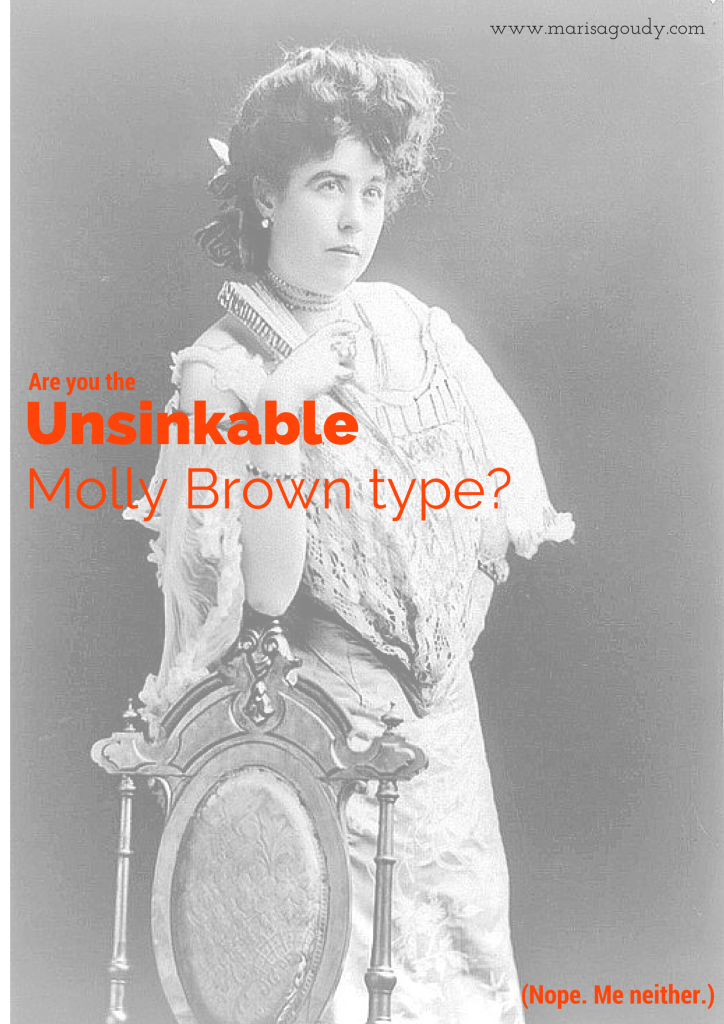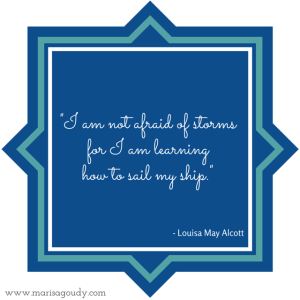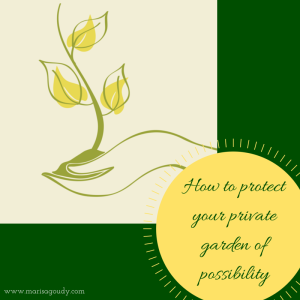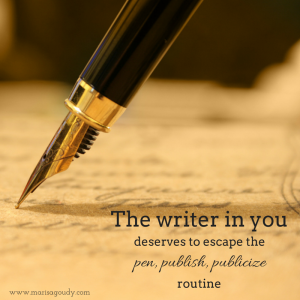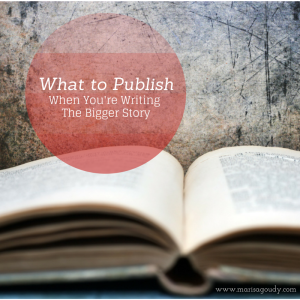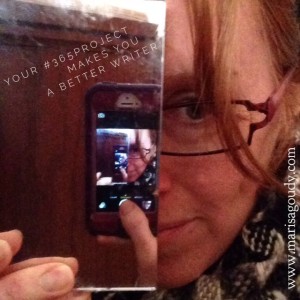Sovereign Standard, Issue 21 What’s the number one reason bloggers quit writing?
What’s the number one reason bloggers quit writing?
Forget that… what’s the number one reason you want to quit the writing practice that's mean to build your business or your professional platform?
Because nobody seems to read what you write, right?
It’s one thing to know that most online readers are just skimming, it’s another to feel like you’re not even reaching those eyeballs.
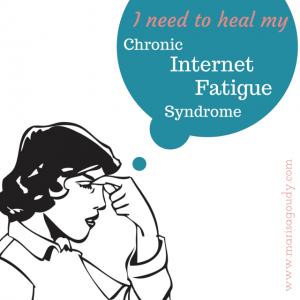 You slip into despair if your site stats don’t match up to the investment you made in the post. Who can blame you? Writing a from-the-heart, meaningful, useful post every week or two takes a lot out of you, but it’s a labor of love.
You slip into despair if your site stats don’t match up to the investment you made in the post. Who can blame you? Writing a from-the-heart, meaningful, useful post every week or two takes a lot out of you, but it’s a labor of love.
It’s the next step, the “doing social media” to get the link in front of prospective clients and readers that pushes the whole venture into mission: impossible territory.
Unless you have a fully charged phone while you’re in line at the DMV or killing time someplace similar. In that case, you have time to share the blog post on every social media platform you’ve ever heard of.
Those deep dives into social media can be really useful, but soon they teach you something vital...
Social Media Isn’t About Posting Strategy or Likes, It’s About Real Relationships
Getting people to read what you write really isn’t about crafting Tweets and status updates and making everything sweet-as-pie Pinnable.
If you don’t have the online relationships, even the best piece of content is likely to languish in obscurity on your under appreciated blog.
As social media matures and the networks figure out how to monetize their “free” platforms, it becomes increasingly hard to hear and be heard above the noise.
Instead of tuning in to every Mari Smith email and Social Media Examiner podcast like I used to, I’m focusing on nurturing real connections with people I care about. It's the only way to heal a modern disease I bet you know all too well...
Are you suffering from Chronic Internet Fatigue Syndrome?
My case of Chronic Internet Fatigue Syndrome flares up regularly. Sick of the sales pitches, the false promises, the self aggrandizement, and the sheer meaninglessness of it all, I burn out and hide myself in a few good novels. (Or a Candy Crush Soda binge… don’t judge me.)
During these hibernation periods I tend to lose hard won footing in the social universe. The disappearing acts make me seen inconsistent and, hence, I'm easily forgotten or dismissed.
It’s easy to claim “because my kids” but really, I just can’t sustain these online “connections” that aren’t forged in real, sustaining reciprocal relationships.
At the early stages of building a platform and becoming a trusted voice in your area of expertise, it feels like it’s all about giving, producing, and introducing yourself. It's so easy to burn out. Eventually, you’ll reap what you sow and see a return on all that effort, but only if you are offering yourself and your writing to the right people.
The Writer’s Cure for Chronic Internet Fatigue Syndrome?
 Reach.Connect.Uplift Women
Reach.Connect.Uplift Women
As with any chronic ailment, the goal is to break the cycle and enjoy sustained health and vitality. You want to find a sustainable online community that loves to read what you write and offers up content that betters your personal and professional life as well.
You do, right?
Ok, so come join me over at the Reach.Connect.Uplift Women Forum because I think it’s the cure for digital burnout.
Just when I realized I needed to break my feast or famine social media efforts and focus on an online community that gave as good as it got from me, founder Lany Sullivan told me about how the RCUWomen Google+ group was migrating to its own membership forum.
As Lany describes it, "We decided to go old school and build a forum on our website that we could really let loose and have a broader reach. "
What, it's 2015 and we're back to a message board? If you're getting lost in the social media crowds, it may be just the medicine your content creator's soul craves.
Here's Lany's explanation of "why a Reach.Connect.Uplift Women Forum, why now?":
We want a platform that allows us to really highlight our members, provide valuable resources, and be able to monitor and manage it with maximum efficiency. Social Media doesn’t do that for us or our members.
Building an audience off social allows us to have a greater impact, better connections and deeper relationships with our members. Instead of sifting through the millions of posts on social everyday, our members can drop by the forum for some of the top content in the market. Plus, we have some additional SEO and link building benefits that has a positive impact for everyone.
So, will you join me over on the new forum? My social streams and my inbox are too full and I'm missing your great content, but I know I'll see it if you become a RCUWoman too (and guys, if you've got the stones to join the ladies, we'd love to have you too!)
